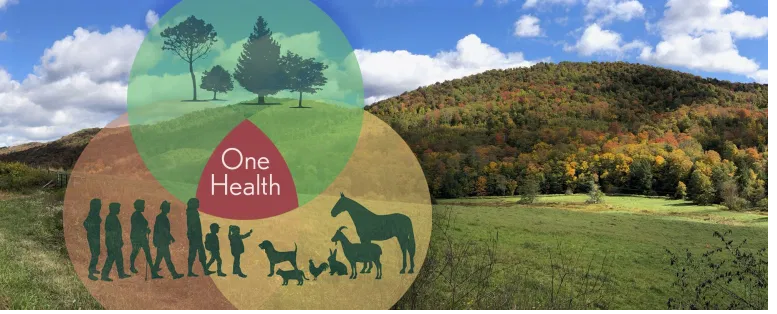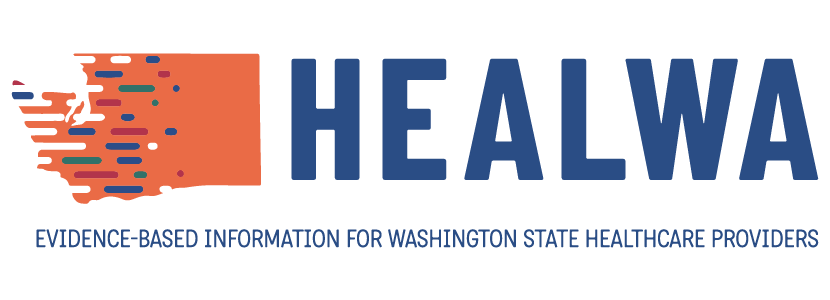All for One … Health for All: The Role of Open Access, Evidence-Based Information to Improve Health for All Species

The following post appeared in the blog of the Director of the National Library of Medicine, Patricia Flatley Brennan, RN, PhD.
Guest post by Kristine M. Alpi, MLS, MPH, PhD, AHIP, OHSU Library, Oregon Health & Science University; Tova Johnson, MPH, MA, MLIS, OHSU Library, Oregon Health & Science University; and Heather K. Moberly, MSLS, AHIP, FHEA, PgCert (Vet Ed), University Libraries, Texas A&M University
Physical isolation arising from the COVID-19 pandemic has led many people to increasingly engage with the outdoor environment or bring companion animals into their lives as supports for their physical and mental wellbeing.
This connection among the health of humans, animals, and the environment exemplifies the One Health approach.
One Health is not new, but it has gained new life amid rising concerns over COVID-19 and the environment in recent years. This model encourages collaboration across disciplines, with experts in human, animal, and environmental health, along with other specialties, to achieve better public health outcomes. While leaders often come from veterinary medicine or public health, anyone committed to keeping the world healthy is a potential partner in One Health.
Providing high-quality, timely information to the people and professionals who need it most is critical to protecting the health of people, animals, and the environment. The FDA uses the term animal health literacy to provide the public with information about drug and food safety concerns that can have an impact on animals and humans. The joint NLM/FDA resource, DailyMed, includes drug listings approved for either humans or animals.
NLM’s MedlinePlus online health information resource provides robust information on animal-human interactions, but typically with a focus on those that threaten human health such as animal bites or zoonoses (diseases that can be passed between humans and animals). To get information from animal health experts, we can look to information providers such as veterinary educators to provide insights offering the interconnected One Health perspective.
Just as MedlinePlus relies, in part, on health professional societies to provide information on specialized care, veterinary medicine trains specialists in topics ranging from behavior to surgery, and provides information to support decision-making about large and small companion animal healthcare. Animal health information in multiple languages is not centrally coordinated, but the American College of Veterinary Surgeons is one example that offers information in Spanish as well as English.
Beyond personal experiences caring for animals at home or at work, One Health is a critical framework for providing timely, open, high-quality information during times of wildfires and natural disasters that can affect all species. Responding to natural disasters brings together teams who work primarily with humans and teams who typically work with animals. Many veterinary schools provide emergency preparedness education in addition to deploying veterinary emergency teams to respond to emergency situations that may be all species-focused or primarily a human health oriented mission. Central knowledge resources like the American Red Cross also provide apps and information to support people and pets during times of crisis.
Libraries who participate in the NLM-supported Network of the National Library of Medicine are essential resources for people seeking information online from trusted sources. Health sciences librarians, particularly the members of the Medical Library Association’s Animal and Veterinary Information Specialist Caucus, support the health of all species by addressing questions raised by people who live, work, and share the broader environment with companion animals and wildlife. These questions may come to public, community college, and university libraries who rely on free and direct access to high-quality resources written for a variety of audiences.
We recently presented Health Questions for All Species as a free webinar for the Oregon Reference Summit to highlight how to use NLM and other open access, evidence-based resources to address One Health questions. We acknowledged the value of regionally and culturally specific resources for populations who are particularly challenged by certain conditions or environmental exposures, and discussed similarities and differences in human and animal information sources, terminology and readability.
We hope this information expanded your awareness about how NLM and other information resources can promote One Health through an integrated approach to searching and addressing issues that impact humans, animals and our environment.
The One Health Commission is a great place for educational resources for teachers and learners who want to take another step towards Health for All.
- Kristine M. Alpi, MLS, MPH, PhD, AHIP, OHSU Library, Oregon Health & Science University and Adjunct Assistant Professor, Department of Population Health & Pathobiology, North Carolina State University.
- Tova Johnson, MPH, MA, MLIS, OHSU Library, Oregon Health & Science University.
- Heather K. Moberly, MSLS, AHIP, FHEA, PgCert (Vet Ed), Medical Sciences Library and department of Veterinary Integrative Biosciences, College of Veterinary Medicine and Biomedical Sciences, Texas A&M University. Heather is a 2020 recipient of the Friends of the National Library of Medicine’s Michael E. DeBakey Library Services Outreach Award
